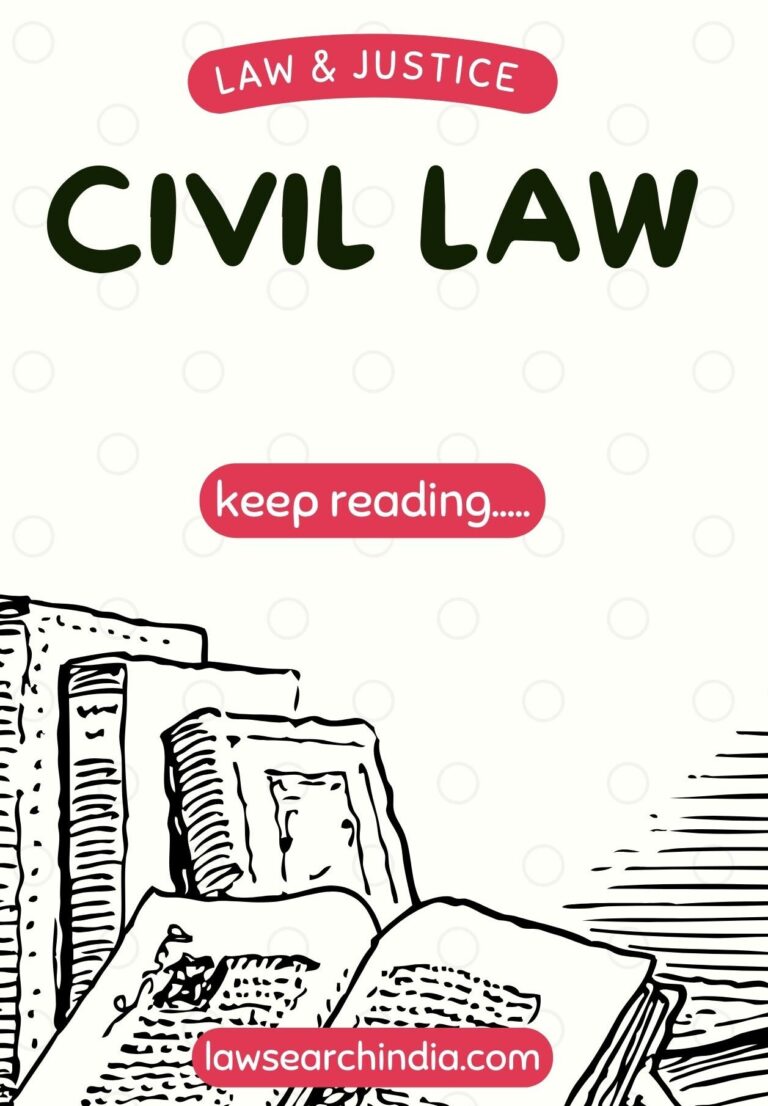EXCEPTIONS OF RES JUDICATA
Section 11 of the Civil procedure code is law on res judicata which infers the bar on the court to try any suit or proceedings in which matter which is directly and substantially in issue has also been directly and substantially in issue in the former suit and which has been finally heard and decided by the court of competent jurisdiction. Section 11 is appended with VIII explanations all has already been discussed in earlier blogs along with the controversy concerning section 11 and explanation VIII. When all the requisites of section 11 are substantiated, the plea of res judicata will oust the court’s jurisdiction to try the subsequent suit or proceeding. There are certain circumstances where plea res judicata is not considered in the subsequent suit which are as under. Following are exceptions of res judicata.
